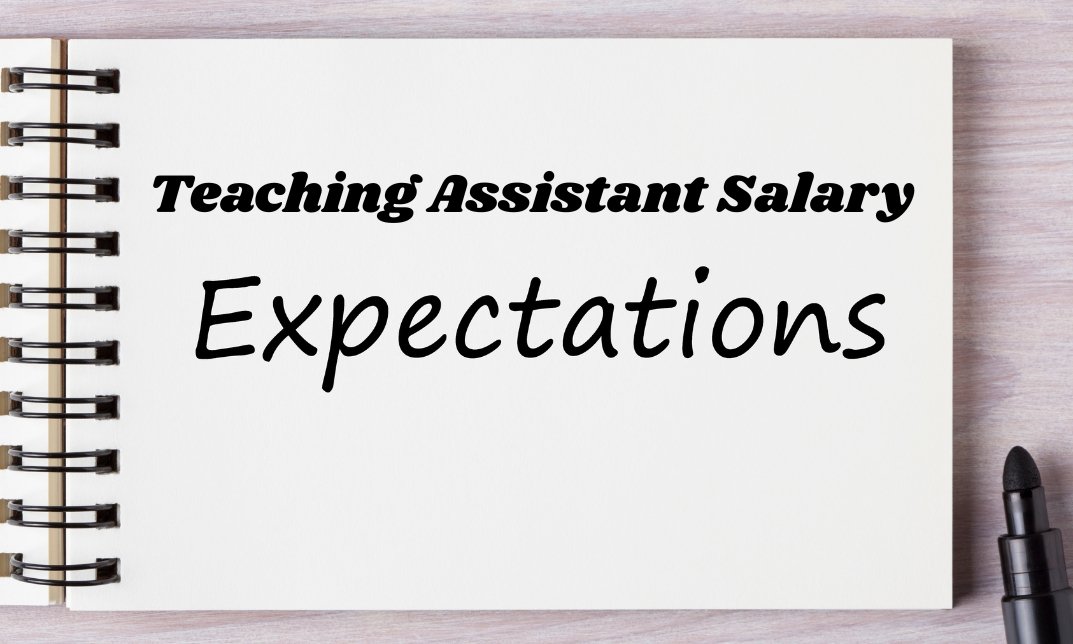No products in the cart.
If you’re juggling glue sticks and phonics support now, and wondering what it’s like to plan lessons or lead a classroom, this one’s for you. You’re probably asking, what is the difference between TA and HLTA? The short version: HLTAs do more. They lead classes, plan lessons, and usually get paid more too. It’s not just a step up—it’s a shift in how the school sees you.
Thinking of making the jump from TA to HLTA? Let’s talk real differences, in real-life terms.
What is the Difference Between TA and HLTA? (Here’s Where Things Really Change)
On the surface, the titles seem similar. Teaching Assistant. Higher Level Teaching Assistant. Same vibe, right? Not quite.
The main difference is this: TAs support teaching; HLTAs lead it sometimes. TAs help manage classrooms and support students. HLTAs are trusted to run lessons solo, plan parts of the curriculum, and track student progress.
You’re moving from helper to semi-leader. From support role to someone the headteacher leans on.
It’s not “better”—just bigger.
Day-to-Day Roles: From Hand-on-Help to Holding the Fort
Let’s get into the nitty-gritty. What do you actually do in these roles?
What a TA Typically Does
- Help pupils with work—especially one-on-one or in small groups
- Prep classroom resources or tidy displays
- Support behaviour management (a.k.a. “gentle reminders” all day long)
- Assist pupils with SEND
- Help with reading groups or phonics interventions
- Generally support the lead teacher however needed
You’re essential. You’re steady. The class runs better when you’re there.
What an HLTA Does Differently
- Step in and run lessons when the teacher’s out
- Plan and deliver parts of the curriculum
- Mark and assess student work
- Report progress to the teacher or SENCO
- Manage other TAs or classroom support staff
- Handle behaviour as the lead adult in the room
HLTAs carry more weight. You might still support pupils—but you also take charge when needed.
Authority: Who Tells You What to Do?
Here’s something schools don’t always say out loud: the headteacher decides what your role really looks like.
Some schools use TAs like gold. You might be helping with planning or running groups already. Others keep roles strict. HLTAs often blur into cover-supervisor territory, especially in bigger schools or academies.
But official lines matter. A TA shouldn’t be teaching whole classes. An HLTA can—because they’ve been trained to.
So, if you’re being asked to “do more” as a TA and not being paid for it, it might be time to have that conversation.
Training and Qualifications: Is It a Big Leap?
Not as scary as it sounds—but there is a real gap.
To Become a TA
- No formal qualification required (though helpful)
- Schools often like Level 2 or Level 3 Supporting Teaching and Learning
- Experience and attitude matter most
- Some get hired through volunteering or placements
To Become an HLTA
- Must have Level 3 qualification or equivalent
- Need GCSEs in English and Maths (grade C/4+)
- Complete a HLTA Preparation Program
- Pass a formal assessment (including portfolio + school visit)
It’s not a uni degree. But it’s not nothing either. You need time, effort, and support from your school.
Some schools fund the HLTA prep course. Some expect you to juggle it alongside full-time hours. Ask before you commit.
Money Talk: Is It Worth It?
Let’s be real: pay matters.
TA Salary
- Usually on the lower end of support staff pay
- Often £18,000–£21,000 full-time equivalent
- Term-time and part-time = less take-home pay
- Raises are small and slow
HLTA Salary
- £22,000–£27,000+ depending on region and experience
- Recognized on a higher pay band
- More likely to get performance-based raises or leadership roles later
It’s not huge money. But it’s a visible jump—and can open more doors later (like teacher training or mentoring).
How You’re Seen in the Staffroom (Yes, This Matters)
TAs are loved. Every teacher knows their TA saves the day regularly.
But HLTAs are respected differently. You’re often seen as part of the leadership circle. Trusted with autonomy. Invited to planning meetings. Asked for input.
It changes how staff treat you—and how you see yourself.
Some people want that spotlight. Others prefer being the glue in the background. Know your style.
Workload and Pressure: Let’s Not Sugarcoat It
TAs work hard—physically, emotionally, mentally. The pace is constant. But the buck doesn’t stop with you.
HLTAs carry more pressure. You need to plan lessons sometimes. Lead groups. Report outcomes. Deal with behavior solo. It’s a shift from helper to responsible adult in charge.
Some love it. Others burn out.
If you’re already stretched thin as a TA, going HLTA without proper support might feel overwhelming. Make sure the school has your back.
Could I Just Stay a TA Forever?
Absolutely. And there’s zero shame in it.
Some TAs stay in that role for decades. You get to focus on students, skip the paperwork, and be a consistent friendly face. If it fits your life, stay there.
Others crave growth. More challenge. More variety. That’s where the HLTA path shines.
No path is “better.” Just different.
How Do You Know If You’re Ready for HLTA?
Ask yourself:
- Am I already doing extra, unofficially?
- Do I feel confident leading groups—or full classes?
- Can I handle behaviour solo when needed?
- Do I want to plan lessons or track progress?
- Am I ready to do coursework and assessments again?
If you’re nodding yes, start the chat with your line manager or head. HLTA might be the next chapter.
Real Talk: Pros and Cons of Each Role
TA Pros:
- Stable, team-based role
- Strong relationships with students
- Less paperwork
- Easier to balance with family or other jobs
TA Cons:
- Lower pay
- Less chance of lead
- Growth can feel limited
HLTA Pros:
- More respect and trust
- Better pay
- Career path toward teaching or leadership
- You make a visible difference
HLTA Cons:
- More pressure and planning
- Sometimes stuck between “not quite teacher” and “not just TA”
- Need to juggle training and current workload
Can You Go from HLTA to Teacher?
Yes, and many do.
HLTA is a strong stepping stone to initial teacher training (ITT) or PGCE programs. You already know the classroom, the routines, the reality. Some schools even offer “TA to Teacher” transition programs.
Just know: teaching is a different beast. If you love the classroom but don’t want full accountability, HLTA might be your sweet spot.
The Bottom Line: What Should You Do?
If you love being in the classroom and want more say, more challenge, and a bit more pay—HLTA is worth a look. It’s the bridge between TA and teacher. It gives you space to grow without jumping fully into teacher life.
But if your joy comes from student connection, steady hours, and low stress—staying a TA is just as valuable.
You already make a difference. Whether you want to make more of one is up to you
Thinking of stepping up? Enrol in our online Teaching Assistant course at Wise Campus and get classroom-ready, your way—on your time.






